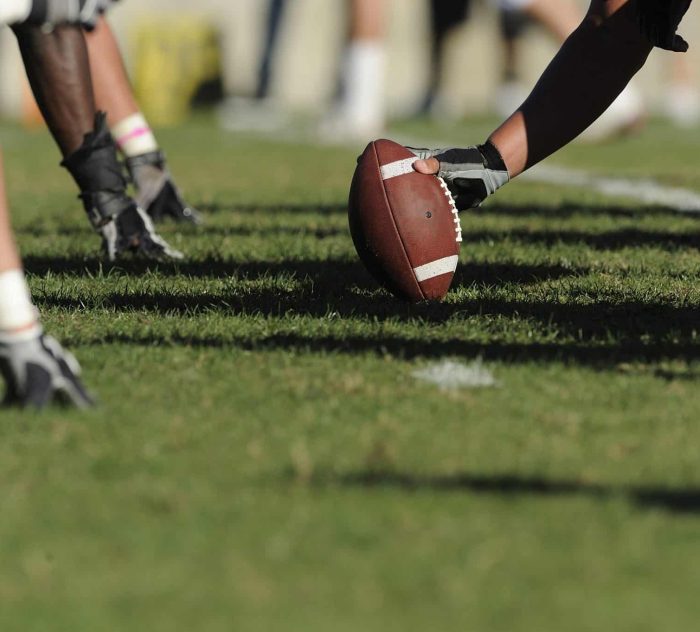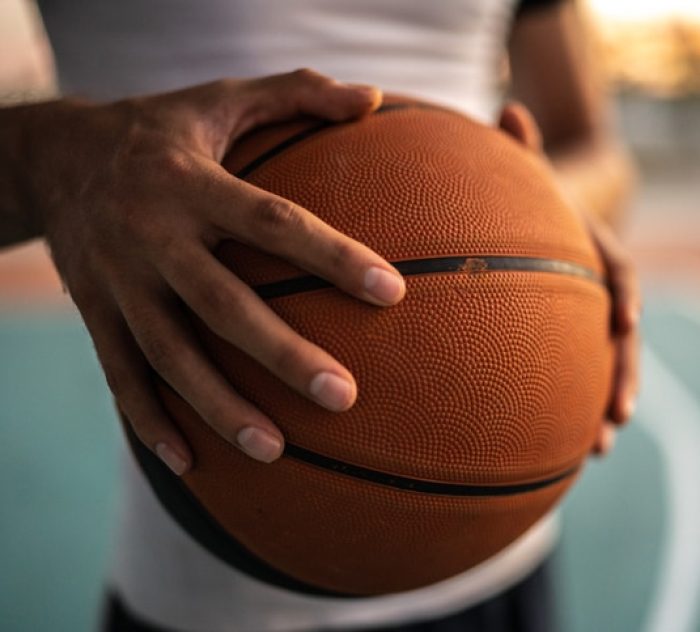Athletic departments at NCAA member institutions must now consider whether their student-athletes who transferred from non-NCAA schools are eligible to play another season of college sports.
After playing college football at the New Mexico Military Institute (NMMI)[i] and New Mexico State University (NMSU), Diego Pavia transferred to Vanderbilt University for what appeared to be his final season of football eligibility. During the 2024 season, Pavia led the Commodores to a 7-6 win-loss record, including a victory over the University of Alabama as well as the team’s first bowl win since 2013. Vanderbilt’s seven wins marked a five-win improvement over the prior season.
Desiring one more season of eligibility to play college football and earn compensation for his name, image, and likeness (NIL) as a college athlete, Pavia sued the National Collegiate Athletic Association (NCAA). He alleges the NCAA’s bylaws that count his 2021 season at NMMI against his NCAA eligibility violate the Sherman Antitrust Act. Pavia filed a motion for a preliminary injunction, which the Honorable William L. Campbell, Jr. granted on December 18, 2024. Chief Judge Campbell’s memorandum set forth the reasons for his order.
Pavia’s Challenge to the NCAA’s Eligibility Rules
With few exceptions, including the NCAA’s blanket waiver for the 2020 season, NCAA Bylaw 12.8 and 12.8.1 limit the eligibility of student-athletes to four seasons of intercollegiate competition in any one sport, which must be completed within five calendar years. Under NCAA Bylaw 12.02.6, intercollegiate competition generally occurs when a student-athlete competes for a two-year or a four-year collegiate institution. Notably, NCAA Bylaw 14.02.4 broadly defines “collegiate institution” in a way that includes those not governed by the NCAA.
Counting one season at NMMI and two seasons at NMSU, Pavia’s 2024 season at Vanderbilt would have exhausted his football eligibility.[ii] However, as a junior college, NMMI competes in the National Junior College Athletic Association (NJCAA), whereas NMSU and Vanderbilt compete in the NCAA’s Division I. Accordingly, Pavia has only competed in the NCAA for three seasons.
Pavia’s lawsuit alleges the NCAA’s bylaws violate Section 1 of the Sherman Antitrust Act, which states: “Every contract, combination in the form of trust or otherwise, or conspiracy, in restraint of trade or commerce among the several States, or with foreign nations, is declared to be illegal.”[iii] For there to be a violation, the NCAA must have participated in an agreement that was commercial in nature that unreasonably restrained trade in the relevant market—in this case, the labor market for college football. Now that student-athletes can profit from their NIL, the court concluded the NCAA’s restrictions on who is eligible to play and negotiate NIL agreements are commercial in nature.
Rationale for Granting the Injunction
To be successful on a motion for a preliminary injunction, a court considers the following four factors:
- Whether the movant is likely to succeed on the merits;
- Whether the movant would suffer irreparable harm absent the injunction;
- Whether the balance of equities is in the movant’s favor; and
- Whether the injunction serves the public interest.
The court found that the challenged bylaws provided NCAA member schools with a competitive advantage over junior colleges, concluding the NCAA’s intercollegiate competition rules were “restraints on trade with substantial anticompetitive effects[.]” Compared to competing for a junior college, NCAA Division I football offers significant benefits that include better competition and coaching, more exposure, and greater NIL opportunities. The court reasoned that a junior college player would miss out on enjoying these benefits upon transferring to a NCAA member school if the player were to lose a year or more of NCAA eligibility due to junior college competition. Thus, the rules induce student-athletes to attend and compete for NCAA member schools rather than non-NCAA schools, even if attending a junior college would be better suited for a student-athlete academically or athletically. After finding the NCAA’s counter arguments unpersuasive and that a less restrictive alternative—limiting the language of the bylaw—was feasible, the court determined Pavia was likely to succeed on the merits.
The court also concluded Pavia was likely to suffer irreparable harm in that he would miss out on the opportunity to play another season of NCAA Division I football and acknowledged the potential for lost NIL compensation. While Pavia argued the injunction was necessary for him to commit to a university and negotiate NIL opportunities due to the closing of the NCAA’s transfer window on December 28, 2024, the case was also unlikely to be resolved in time for the 2025 season, justifying the need for immediate relief.
In balancing the equities and considering the public interest, the court asserted the narrowness of the injunction in that it only applied to Pavia and the public interest was served due to the preference for free and fair competition in labor markets.
Because the four factors weighed in favor of Pavia, the court granted the preliminary injunction, rendering him eligible for the 2025 college football season.
Implications for NCAA Member Institutions
The judge’s ruling enjoined the enforcement of the NCAA’s eligibility rules against Pavia, although the NCAA has filed a notice of appeal. However, presumably to stave off additional lawsuits in the interim, the NCAA Board of Directors issued a blanket waiver for all student-athletes who “competed at a non-NCAA school for one or more years to remain eligible and compete in 2025-26” if they would have otherwise exhausted their eligibility following the 2024-25 season. The broad language of the waiver extends the NCAA eligibility of former NJCAA student-athletes like Pavia as well as student-athletes who previously competed in other non-NCAA athletic associations, including the National Association of Intercollegiate Athletics (NAIA) if they were to transfer to an NCAA member school.
When determining the eligibility of their student-athletes for the 2025-26 season in light of this blanket waiver, athletic departments at NCAA member schools should consider if a student-athlete was set to exhaust their eligibility after the 2024‑25 season but had played for an institution that competes in the NJCAA, the NAIA, or another intercollegiate athletic organization. If so, the student-athlete is likely eligible to play in 2025-26.[iv] Pending the outcome of the NCAA’s appeal and any ensuing changes to its bylaws, it remains to be seen if other non-NCAA student-athletes who were not set to exhaust their eligibility this season will retain any additional NCAA eligibility.
[i] The Memorandum refers to the New Mexico Military Institute as the “New Mexico Military Academy.” See Pavia v. Nat’l Collegiate Athletic Ass’n, 24-cv-01336, 2024 WL 5159888, at *4 (M.D. Tenn. Dec. 18, 2024) (emphasis added).
[ii] Pavia attended and played football for NMMI during the 2020 and 2021 seasons. Due to the COVID-19 pandemic, the NCAA issued a blanket waiver for the 2020 season, permitting all student-athletes to retain a year of eligibility. Therefore, only Pavia’s 2021 season at NMMI counted against his four seasons of NCAA eligibility.
[iii] 15 U.S.C. § 1.
[iv] There may be other reasons for finding a student-athlete ineligible.



